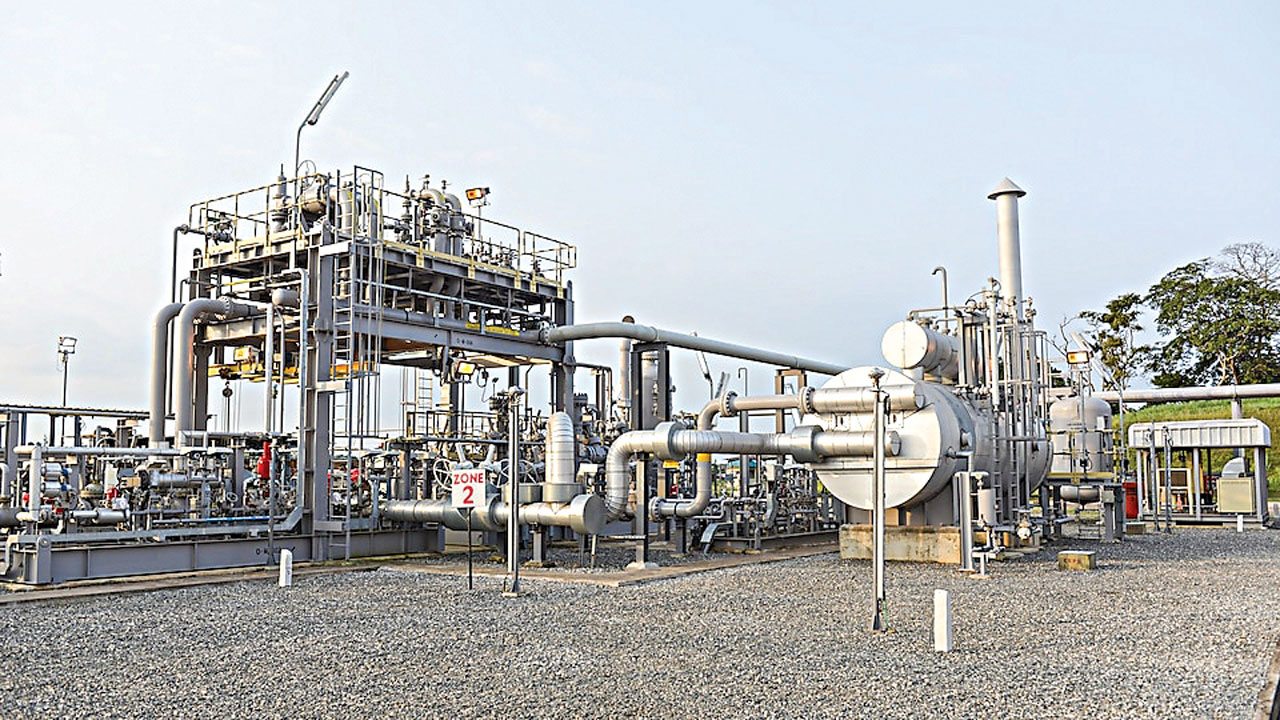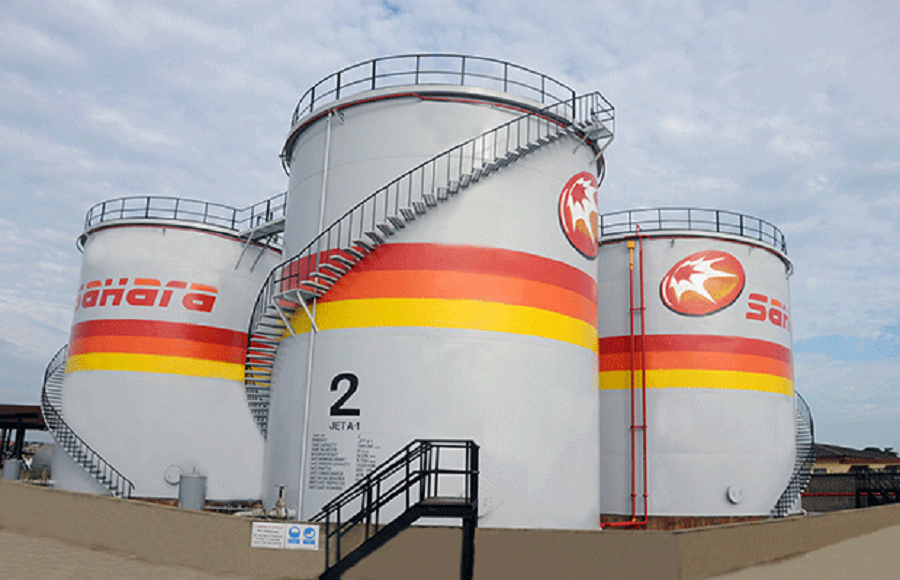To fully exploit its gas potential, Nigeria would need to inject between $15 billion and $20 billion in infrastructure. The Deputy Group Chief Executive of Oando Plc, Omamofe Boyo, disclosed this at the just-concluded NOG Energy Week in Abuja. He said there was a need for collaboration between the private and public sectors to plug the wide investment gap.
Boyo said collaboration between the private and public sectors would help to unlock the gas potential that would guarantee a smooth energy transition and sustainable economic development.
Sharing his views on gas utilisation for domestic consumption in Nigeria, he stated that although the country has been down this road for over 30 years, it is yet to optimally utilise gas for domestic consumption owing to various reasons.
Boyo said that Nigeria started a system whereby competing fuels were subsidised, which prevented the market from growing independently.
Additionally, it emphasised earning foreign currency from gas exportation rather than utilising it domestically.
Also, he said: “The investment and emphasis were put on oil rather than gas, which resulted in the oil infrastructure being prioritised.” Boyo proposed a holistic approach to increasing local consumption and investment in gas, which, he said, requires a level playing field and adequate regulatory capacity.
He stated that building Nigeria’s gas infrastructure would require between $15 billion – $20 billion and the government alone would be unable to realise this, he said the private sector would need to work with the government to actualise the required investment.
According to Boyo, Nigeria needs to prioritise harnessing its gas resources and ensure an enabling environment with clearly defined opportunities for the private sector to fund and work in partnership with the government.





